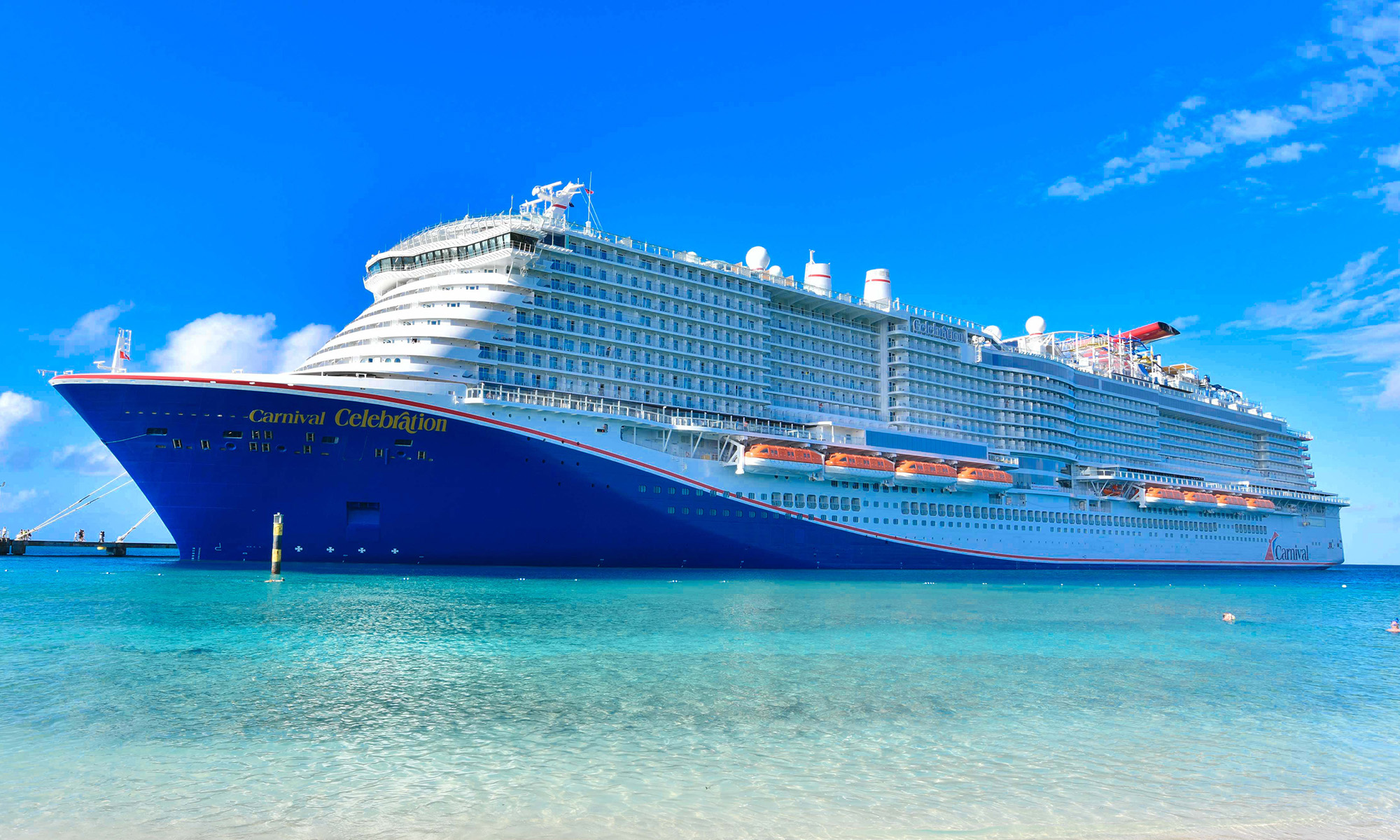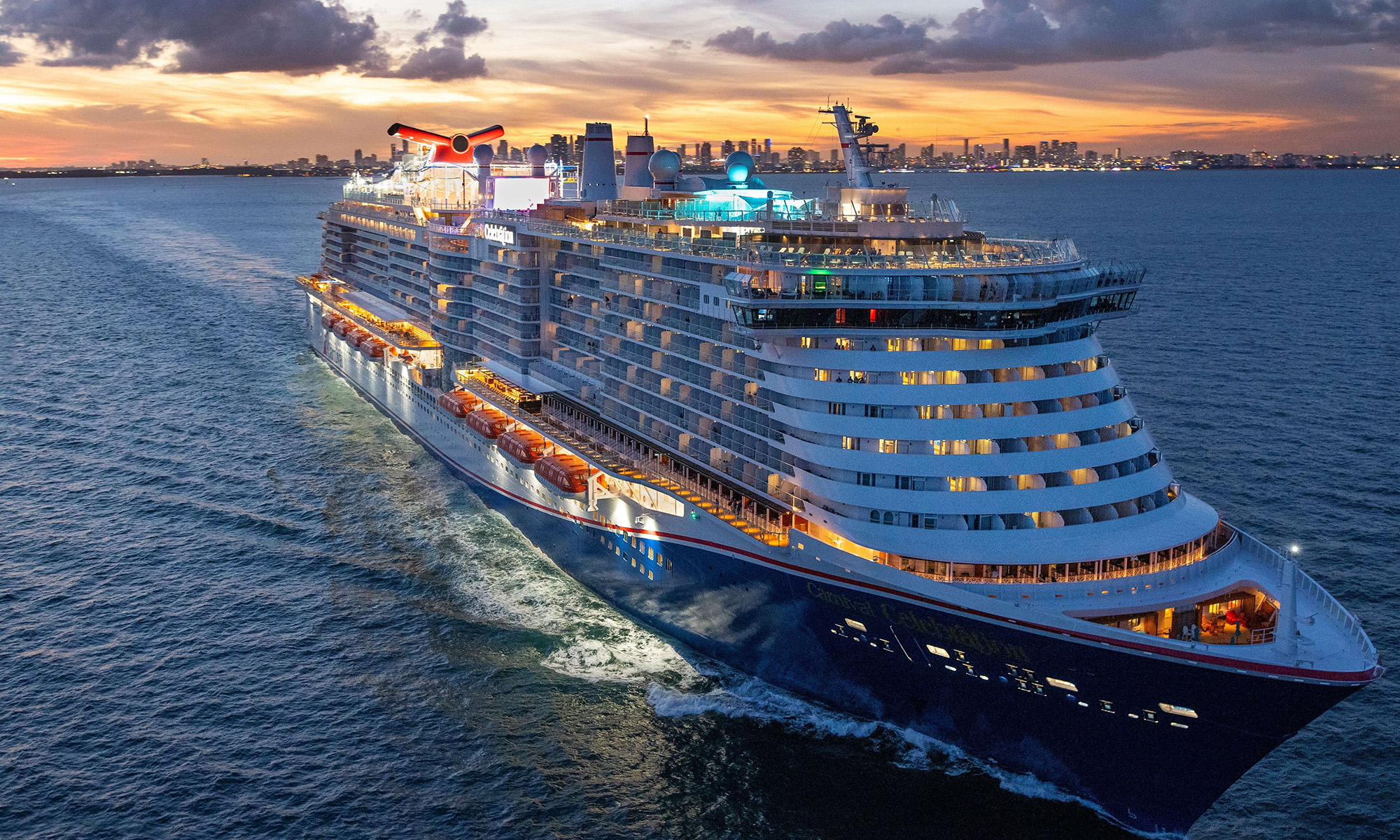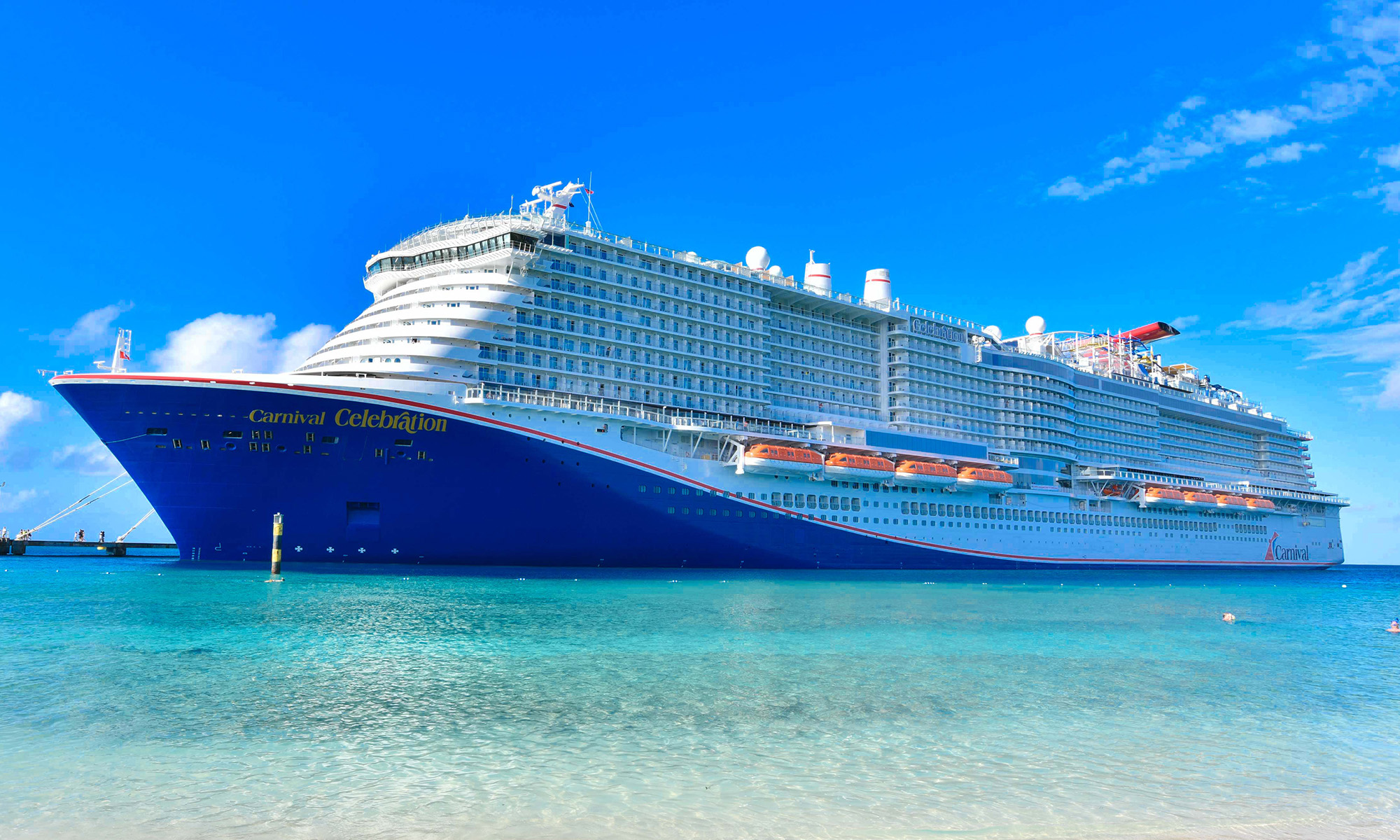The cruise-ship industry has been one of the biggest economic victims of the global pandemic of COVID-19. With a significant outbreak affecting many passengers aboard the Diamond Princess cruise ship in early 2020, owner Carnival (CCL 3.63%) (CUK 3.72%) found itself at the epicenter of the coronavirus pandemic, from both a public-health perspective and the standpoint of investors in its stock.
One odd thing that confuses many investors about Carnival is that it has two different ticker symbols. That raises two obvious but not-so-simple questions: Why are there two separate stocks, and which one is better for would-be shareholders looking to invest in the cruise giant?
2 entities with 1 purpose
Carnival's business structure is unusual in that it incorporates two separate legal entities that nevertheless function as a single economic entity. Carnival Corporation has common stock under the ticker CCL on the New York Stock Exchange (a subsidiary of Intercontinental Exchange), and that has by far the greater volume of shares changing hands each trading day.

Image source: Carnival.
Meanwhile, Carnival PLC has stock that primarily trades on the London Stock Exchange. However, to make things even more complicated, shares of Carnival PLC are also available on the NYSE under the different ticker symbol CUK. That means U.S. investors have easy access to two separate stocks -- both of which are tied to Carnival.
As Carnival explains it, shareholders of both entities have the same economic and voting interests. Their respective businesses are combined, and they have contractual agreements with each other to ensure that they operate in unison. Both have also paid the same dividends, prior to Carnival's recent decision to suspend payouts in light of the current economic crisis.
So why is one Carnival stock cheaper than the other?
There's one big difference between the two entities: The two stocks don't trade at the same price. Lately, shares trading under the ticker CCL have routinely traded at a premium price to those with the ticker CUK. For instance, the price difference for the shares at 2 p.m. EDT on Tuesday, April 14 was 6.7% -- Carnival Corporation fetched $12.35 per share while Carnival PLC traded for $11.57 per share.
However, that relationship hasn't always been the case. Throughout much of the early and mid-2010s, Carnival PLC was the higher-priced stock, while Carnival Corporation lagged behind.
One common explanation for the difference involves special voting rights connected to Carnival Corporation shares. As part of the 2003 merger of Carnival and P&O Princess Cruises PLC, shares of Carnival Corporation were "paired" with trust shares in a special voting trust. However, that mechanism doesn't apparently give Carnival Corporation shareholders any extra rights. Instead, it merely ensures that at meetings of the Carnival PLC entity, the views of Carnival Corporation shareholders get equal weight to those of Carnival PLC shareholders. Moreover, it wouldn't explain why the stock of one company might be higher than the other in one year, but then lower than the other in the next.
The more likely reason has to do with the two stocks' respective connections to their home markets. The stock tickered CCL is a member of the S&P 500 index, so any index funds tied to the S&P 500 have to own shares of that stock. Meanwhile, the stock tickered CUK tracks the price of the London-listed shares that are included in the U.K.'s premier FTSE 100 index. When the U.S. stock market overall looks more attractive than the U.K. market, then CCL shares will fetch a higher price. When the U.K. market is in favor, then CUK shares can take their turn in the lead.
Take the cheaper choice
Both Carnival stocks share the same risks and could see the same rewards. If the cruise-ship operator runs out of available capital before it can resume operations, then shareholders of both stocks would likely fare poorly in a bankruptcy or insolvency proceeding. If Carnival can outlast the impact of the coronavirus pandemic, then both stocks will likely soar in tandem.
If Carnival looks attractive to you as a value investment, then the stock tickered CUK offers a modest but meaningful discount to the stock tickered CCL. In the coming months, there's no guarantee that discount won't widen. If you're planning to hold the stock for the long haul, though, choosing the cheaper option should give you a small incremental benefit eventually.







